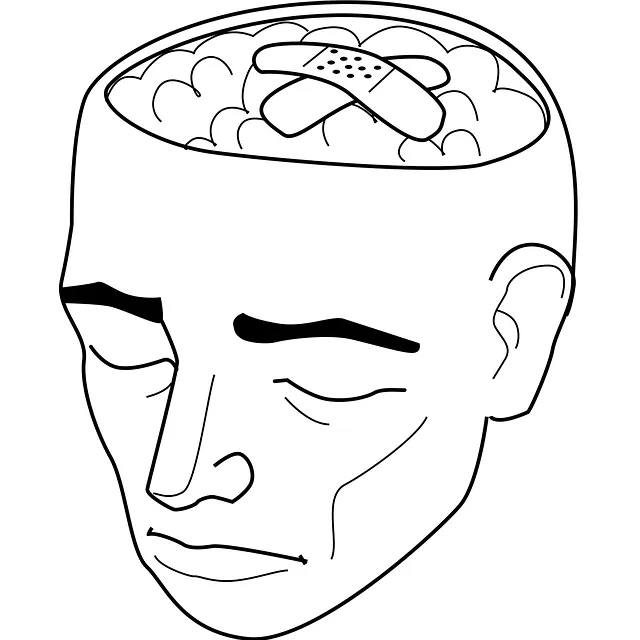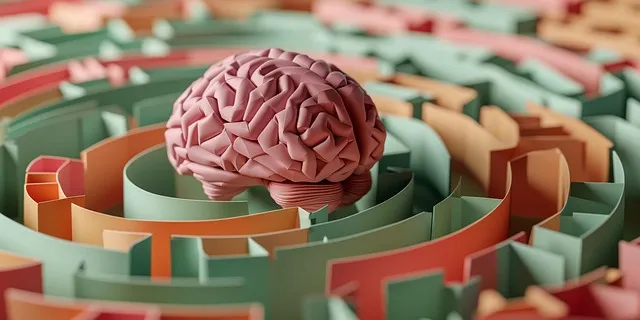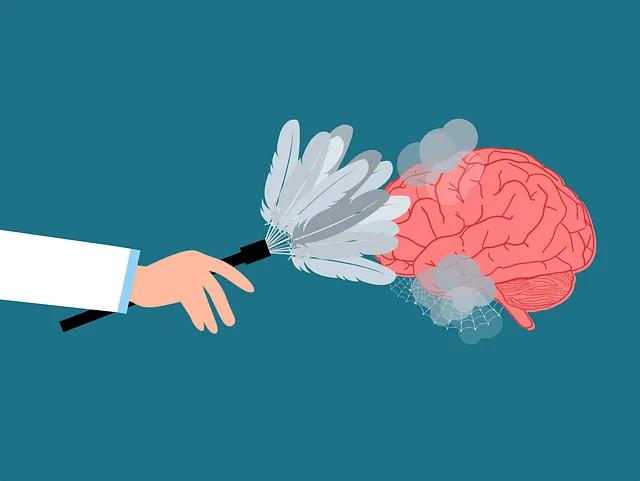The Golden Kaiser Permanente Mental Health Center employs a meticulous crisis assessment process, swiftly identifying and addressing immediate needs through detailed information gathering from individuals in distress and their support networks. Trained staff use evidence-based assessment tools to understand acute symptoms, coping mechanisms, support systems, and potential risks, guiding tailored interventions such as Social Skills Training, Compassion Cultivation Practices, and Self-Care Practices. Early recognition of mental health crises through non-verbal cues and behavioral changes is key, enhancing professional and client confidence for effective intervention. The center emphasizes rapid evaluation techniques, using structured assessment tools validated in diverse settings to streamline the process while ensuring accuracy, with a focus on cultural competency training for improved outcomes across populations.
At the Golden Kaiser Permanente Mental Health Center, crisis intervention plays a pivotal role in supporting individuals during moments of acute distress. This article explores comprehensive strategies for effective crisis management, drawing insights from the center’s expertise. We delve into assessing immediate needs, employing active listening and de-escalation techniques, and crafting personalized aftercare plans. By examining these practices, we aim to empower professionals and communities to navigate crises more effectively, building resilience through tailored support systems, as exemplified by Golden Kaiser Permanente’s leading approach in mental health care.
- Assessing the Crisis: Identifying Immediate Needs at Golden Kaiser Permanente Mental Health Center
- – Recognizing signs of distress and mental health crises
- – Rapid assessment techniques for efficient intervention
Assessing the Crisis: Identifying Immediate Needs at Golden Kaiser Permanente Mental Health Center

At Golden Kaiser Permanente Mental Health Center, assessing a crisis involves a meticulous process to identify immediate needs. The first step is to gather information from the individual in distress and any available collateral sources, such as family members or friends, to understand the context and triggers of the crisis. This may include recent life events, stressors, and any underlying mental health conditions.
Once basic information is obtained, trained staff at Golden Kaiser Permanente Mental Health Center by owner, employs evidence-based assessment tools tailored to various types of crises. These assessments aim to uncover not only the acute symptoms but also the individual’s capacity for coping, available support systems, and potential risk factors. Based on these findings, specialized interventions are recommended, including Social Skills Training, Compassion Cultivation Practices, and Self-Care Practices, ensuring a holistic approach that addresses both the immediate crisis and long-term recovery.
– Recognizing signs of distress and mental health crises

Recognizing signs of distress and mental health crises is a critical component of crisis intervention. As a mental health professional at a reputable center like the Golden Kaiser Permanente, it’s crucial to be attuned to subtle cues that indicate someone is struggling. Mental Health Awareness goes beyond understanding common symptoms; it involves interpreting non-verbal signals, changes in behavior patterns, and shifts in mood. For instance, a client might exhibit physical signs of tension, such as rapid breathing or muscle stiffness, alongside withdrawn behavior or sudden irritability.
A comprehensive approach to crisis intervention starts with a thorough Risk Assessment, enabling professionals to gauge the severity and potential risks associated with the crisis. This assessment not only helps in formulating an effective response but also boosts the confidence of both the professional and the client. By recognizing these signs early on, mental health professionals at Kaiser Permanente can intervene promptly, providing the necessary support and resources to help individuals navigate their crises successfully.
– Rapid assessment techniques for efficient intervention

In crisis intervention, swift and effective assessment is key to delivering successful support. Golden Kaiser Permanente mental health center by owner emphasizes the importance of rapid evaluation techniques that allow healthcare providers to understand a patient’s situation in minutes rather than hours. This immediate response enables them to tailor interventions accordingly, ensuring optimal care. Techniques such as active listening, open-ended questions, and brief psychological assessments help gather essential information about an individual’s state of mind, recent stressors, and potential risk factors.
For instance, implementing structured assessment tools that have been validated in various settings can streamline the process while maintaining accuracy. These tools not only facilitate efficient data collection but also serve as a roadmap for addressing critical areas like communication strategies and mood management. Moreover, enhancing healthcare provider cultural competency training is vital; it equips them with skills to communicate effectively with diverse populations during crises, fostering trust and improving outcomes.
Crisis intervention at the Golden Kaiser Permanente Mental Health Center, as demonstrated through its effective assessment methods, is a testament to the center’s commitment to client care. By quickly identifying immediate needs and utilizing rapid assessment techniques, the facility ensures timely and targeted interventions. As owners and professionals in the mental health field, it’s crucial to recognize and address these crises with sensitivity and expertise. This holistic approach not only enhances the well-being of individuals in distress but also contributes to a vibrant and supportive environment at the Golden Kaiser Permanente Mental Health Center by owner.






